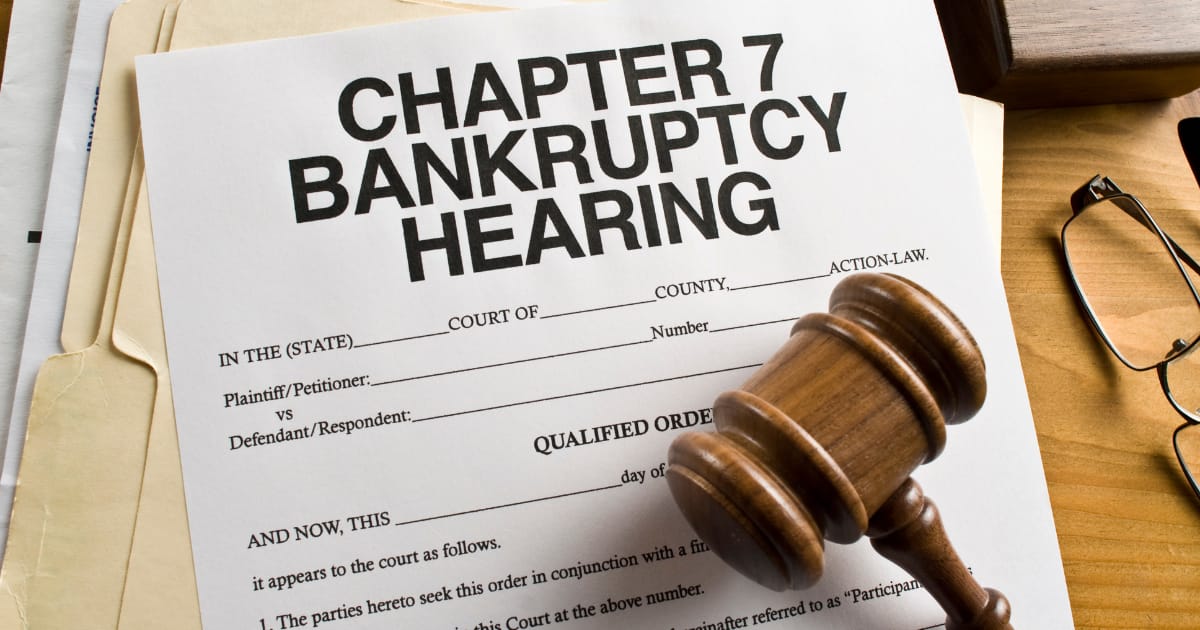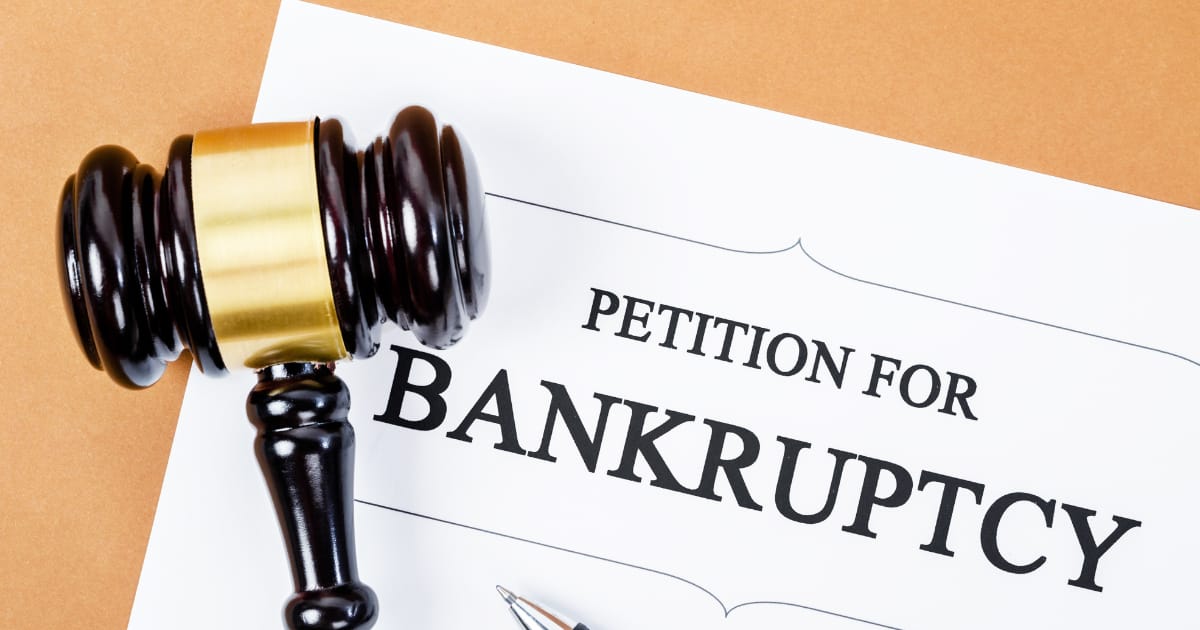There are many reasons for asset protection. First and foremost, it is a smart and proactive way to shield your assets from lawsuits, creditors and even legal opportunists. It will also help you avoid a business collapse and bankruptcy, while minimizing your tax liabilities.
The best way to know if you are ready to take your asset protection game to the next level is by talking to a qualified lawyer. Whether you’re a business owner, professional or someone with substantial assets to protect, an experienced attorney can help you understand the risks involved in your unique financial situation and create an effective plan to mitigate them.
1. The most basic and least expensive asset protection strategy is to use common sense.
You should always keep all of your assets in a separate account from your personal finances. This way, if you are sued or have an accident and lose money in the account, it won’t be lost forever.
2. The second most important asset protection strategy is to use a revocable or irrevocable trust.
A revocable trust is a great option for those with low-risk investments and funds that they want to access on occasion. However, if you have a high net worth and want to increase your asset protection, you may want to consider an irrevocable trust.
3. Using a trust is an important part of your asset protection plan because it will reduce the chances of creditors, claimants and legal opportunists finding out how much you actually own.
4. Adding insurance to your plan is another good way to increase your asset protection.
A great policy that covers you for a wide range of lawsuits, including professional malpractice, should be your first line of defense. It should cover all of your potential damages, and it should also cover the cost of a good legal defense.
5. Transferring your assets to a protective entity is another asset protection strategy that can be especially helpful for business owners.
Businesses often rely on certain assets, like real estate and equipment, to generate cash flow. If these assets become exposed to a creditor or claimant, they can be easily shut down and their business operations disrupted.
6. Using a limited liability company or corporation is a good asset protection strategy for small businesses.
If your business relies on a particular type of equipment or inventory, transferring those assets to a separate limited liability company or corporation will minimize the risk that creditors or opportunistic parties will be able to seize these assets during a lawsuit.
7. Keeping your accounts in several different types of bank accounts is an excellent way to improve your asset protection.
Having your assets spread among multiple types of bank accounts makes it harder for people to accuse you of disassociating your money. In addition, if your accounts are based in different states, it is more difficult for a claimant to prove that your funds were moved out of the state for disassociation purposes.






